Congressman Michael Rulli, owner of a family-run grocery chain, is sounding the alarm on Vice President Kamala Harris’ economic policy.
Speaking to The Post, Rulli fears it could “slowly turn us into a Third World nation,” a stark prediction about America’s living standards if the plan goes through.
From Market to Congress
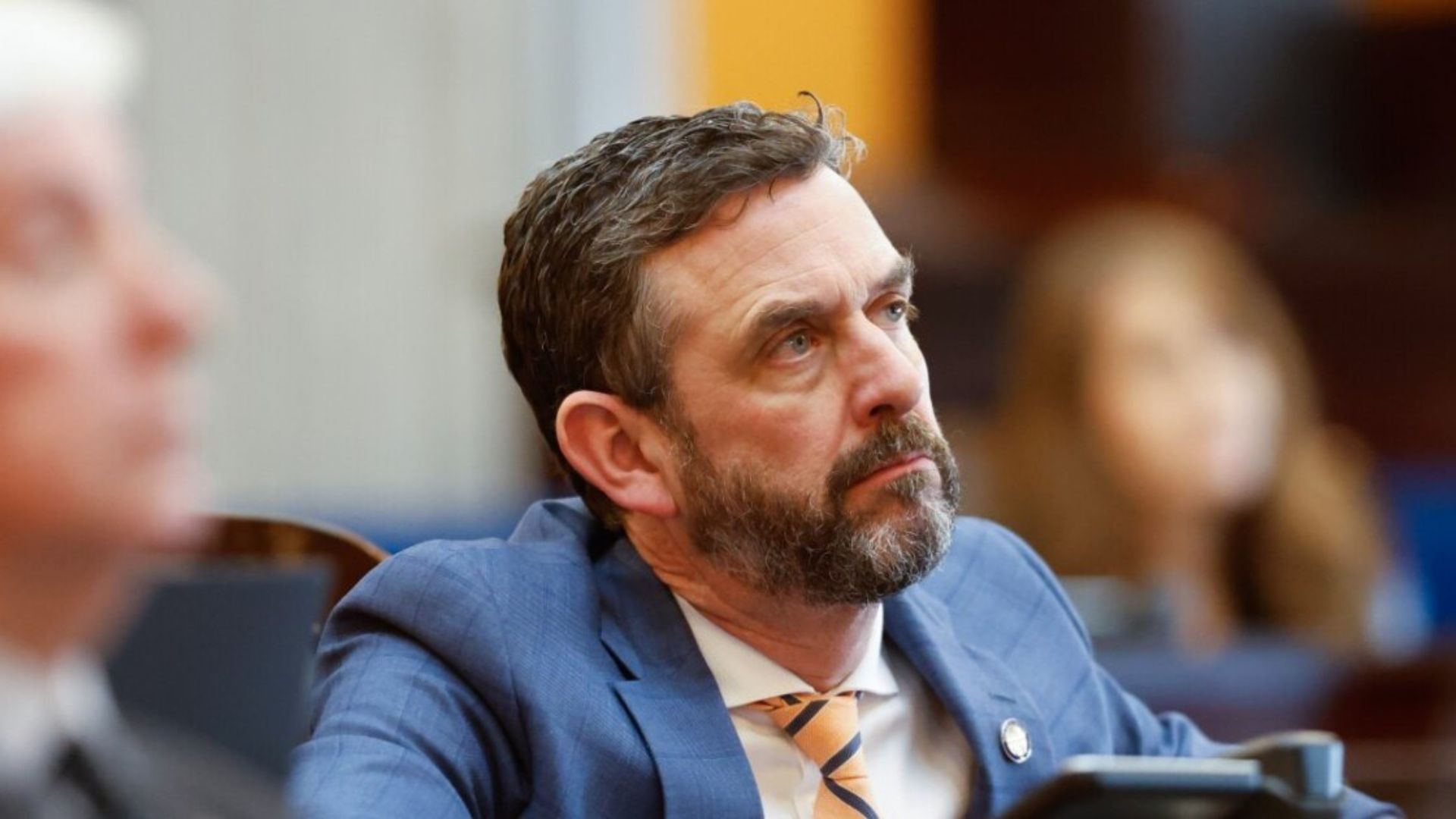
Fresh from winning a seat in Congress, Michael Rulli isn’t your typical politician.
As a third-generation grocer from Youngstown, Ohio, he feels his career on the shop floor offers him invaluable insight into his constituents’ everyday economic battles.
At the Checkout Line
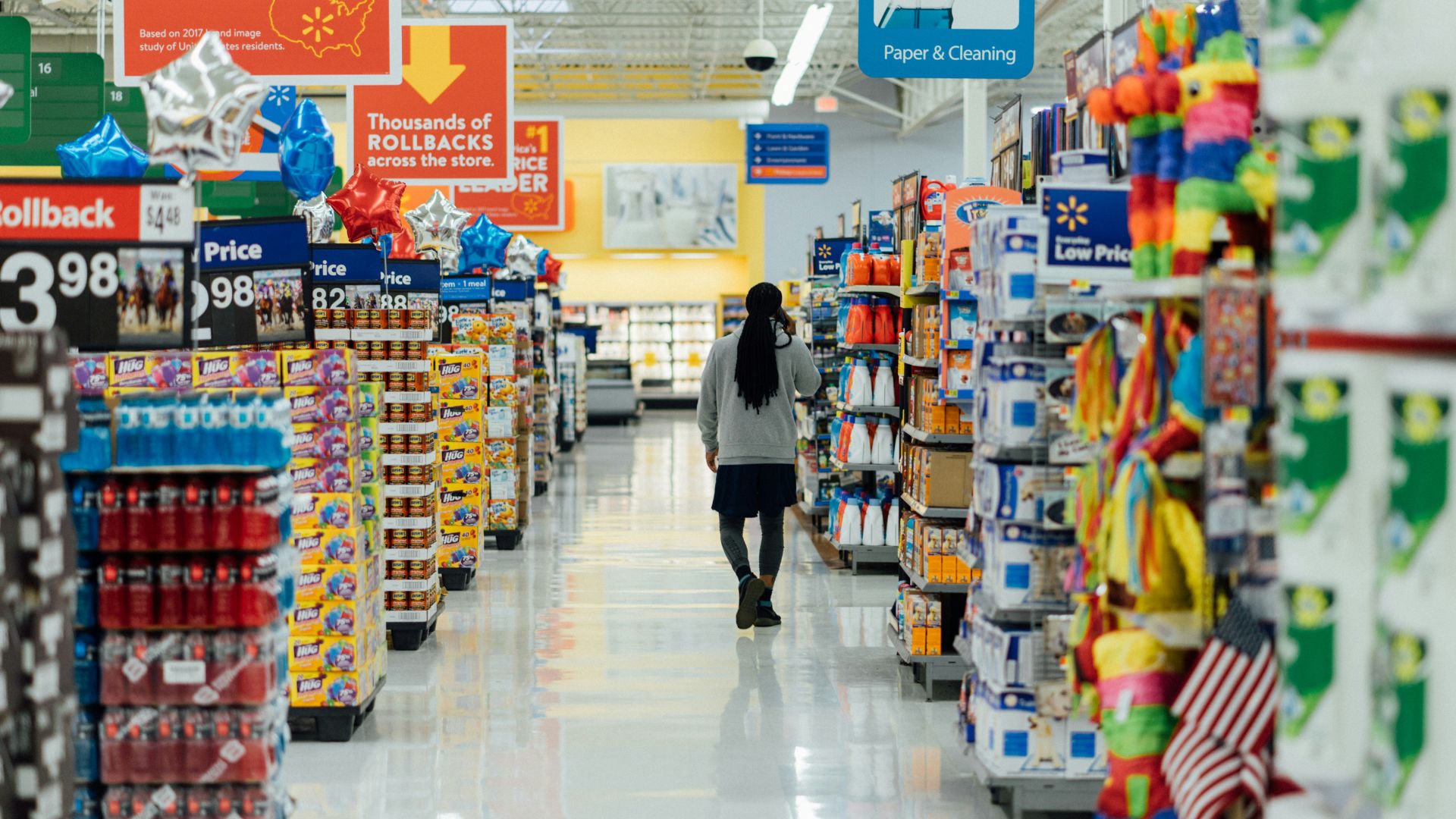
Lines at grocery stores tell a troubling story, Rulli shared with The Post, “Our people are literally being starved to death.”
Shoppers are leaving with half their usual haul, unable to afford or even find their staples, painting a grim picture of community strain.
Rulli Speaks Against Price Controls

Despite Rulli’s concerns that his customers cannot afford the goods they want, he is apprehensive to introduce price controls.
“Stores will be shutting down in droves. And then the second problem you’re going to see is the selection on the shelf is going to shrink dramatically. So you’re going to actually damage the quality of life,” said Rulli.
Missing from the Shelves
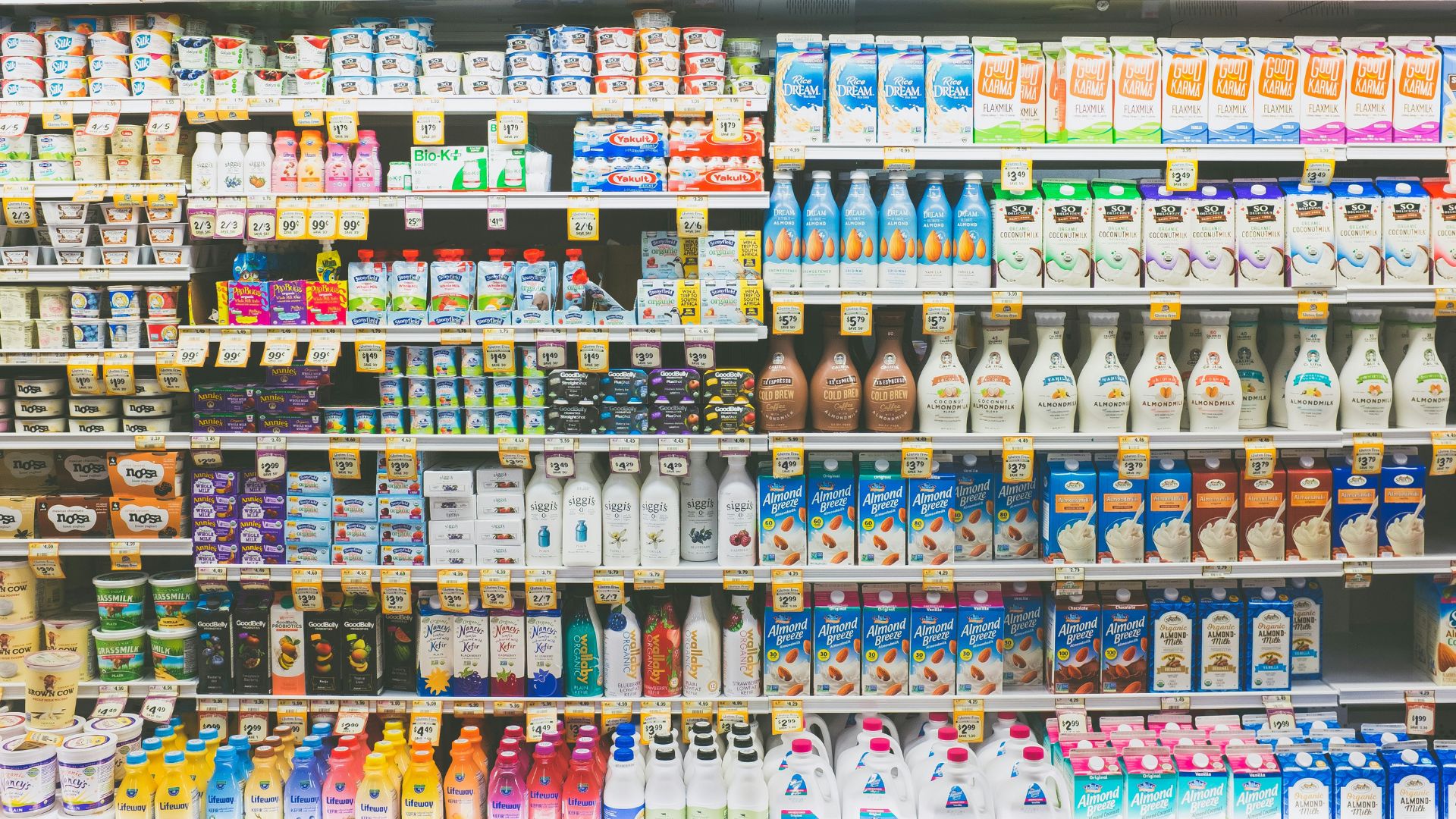
“It’s the saddest thing in the world,” Rulli commented on the dwindling variety shoppers face today.
From favorite soaps to fresh produce, he’s noticed a concerning drop in available goods, signaling deeper economic issues.
Less Choice than Before
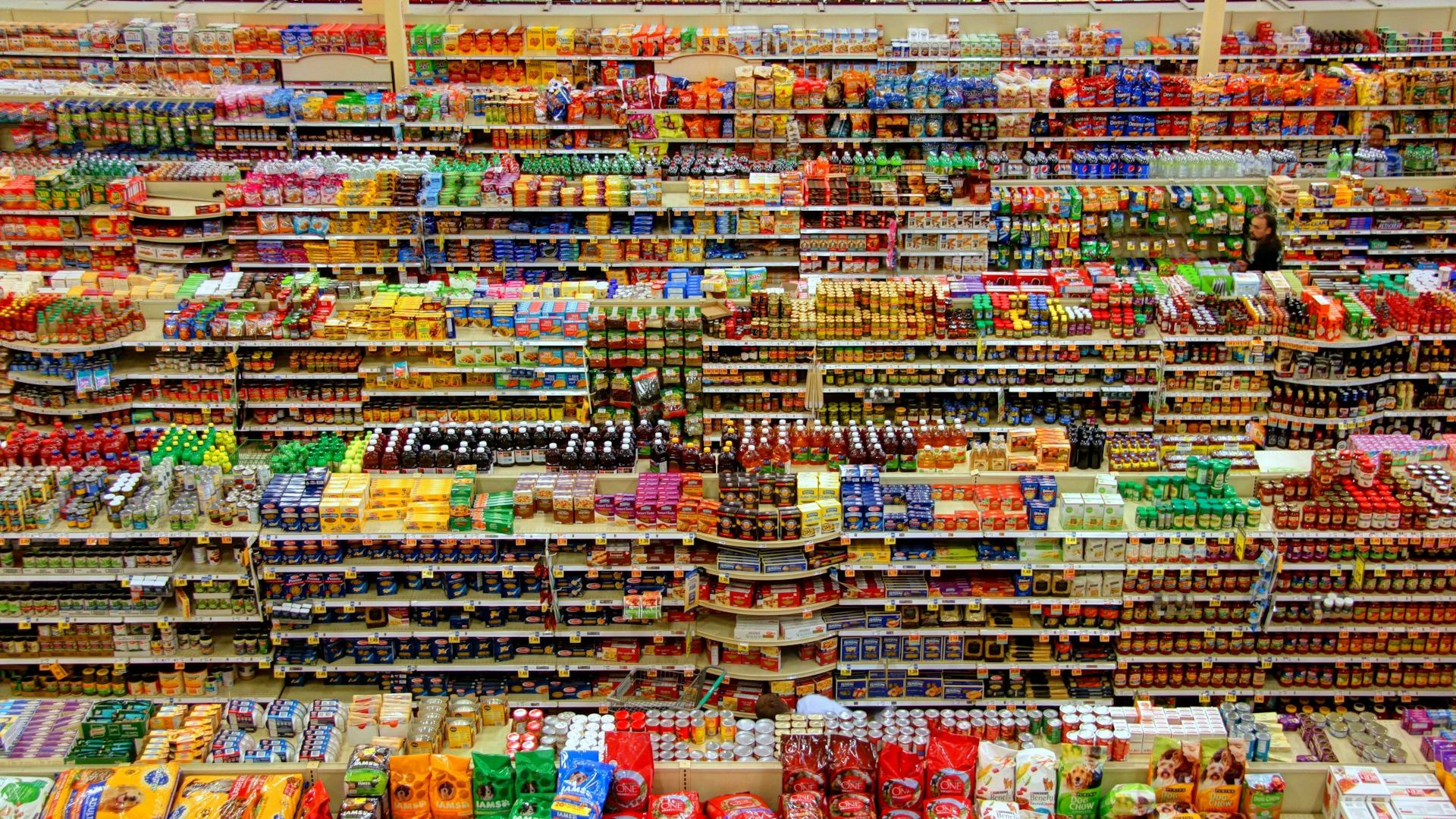
Rulli told the New York Post that Harris’ plan will force grocery stores to cut the number of products they offer.
“We carry about 38,000 SKUs [stock keeping units]. In a Walmart or a Costco, that might go up to about 45,000 SKUs. The average blue-collar worker would have an opportunity to buy some nice things in life,” said Rulli.
What Rulli Thinks Will Happen
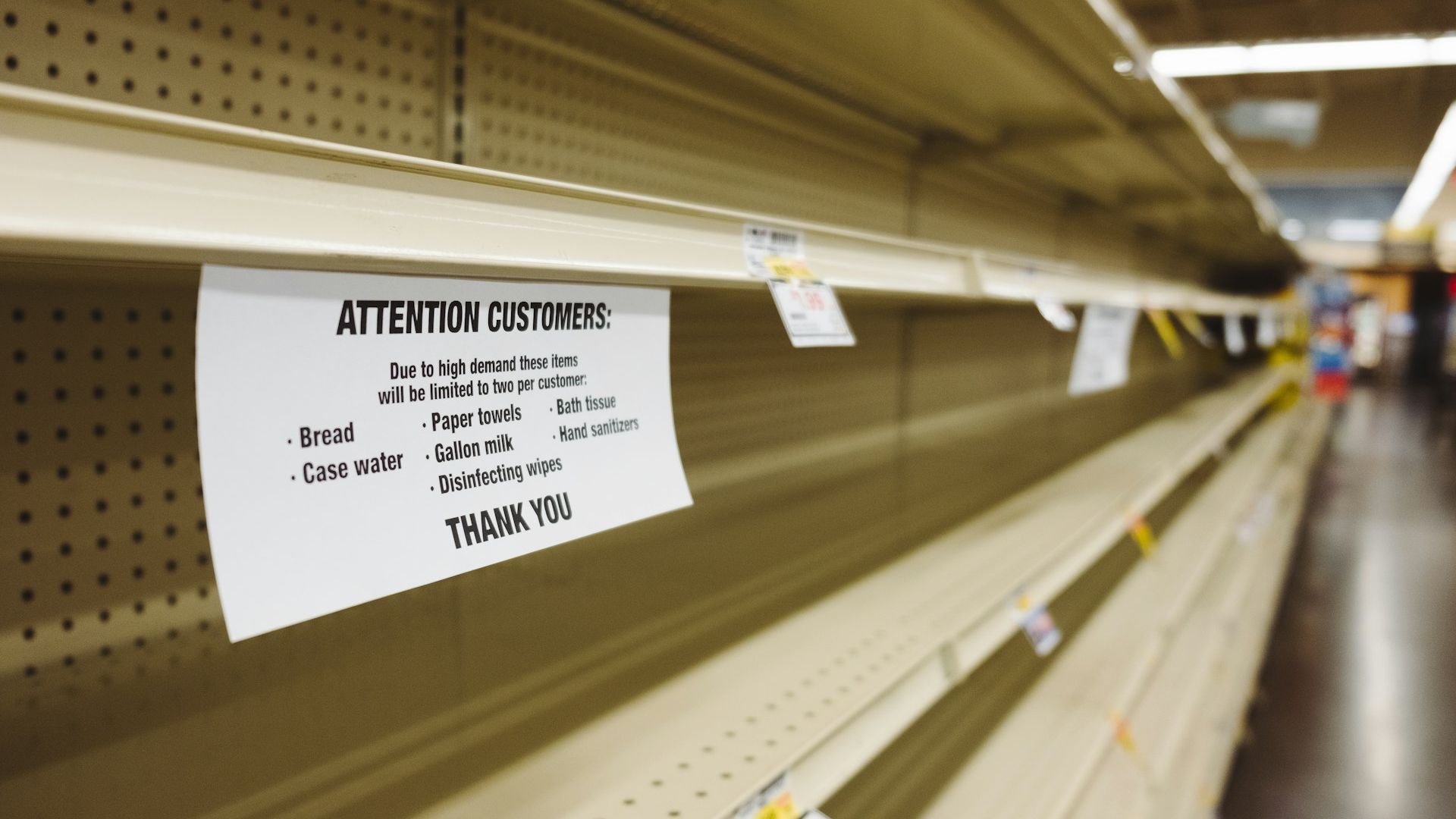
Rulli went on to speculate what will happen to the range of products in grocery stores after four years of a Harris administration.
“Those 38,000 SKUs will go down to about 5,000 SKUs. And you will be living in Cuba or Venezuela. She will simply turn this into a third-world nation,” said Rulli.
A Helping Hand in Hard Times
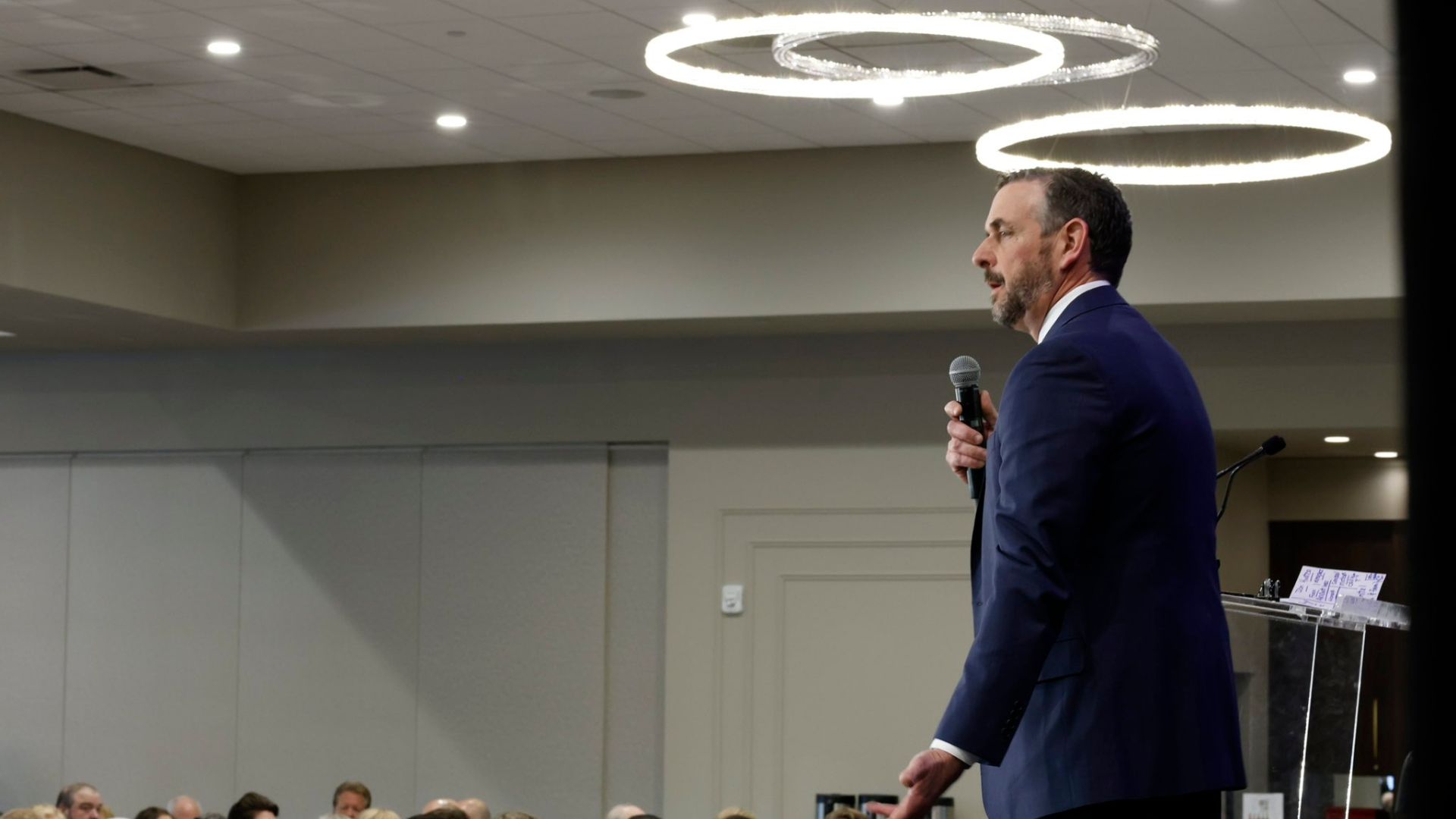
In times of need, Rulli has dipped into his own pocket, helping regulars cover their grocery tabs.
This personal gesture goes beyond politics, showing his deep connection and commitment to his community’s well being.
Rulli’s Background

Rulli is part of the third generation of a family-owned grocery store chain, Rulli Bros. Market. The business was first established in 1917.
Based in Youngstown, Ohio, Rulli won a special election in June to represent eastern Ohio.
Small Business on the Brink
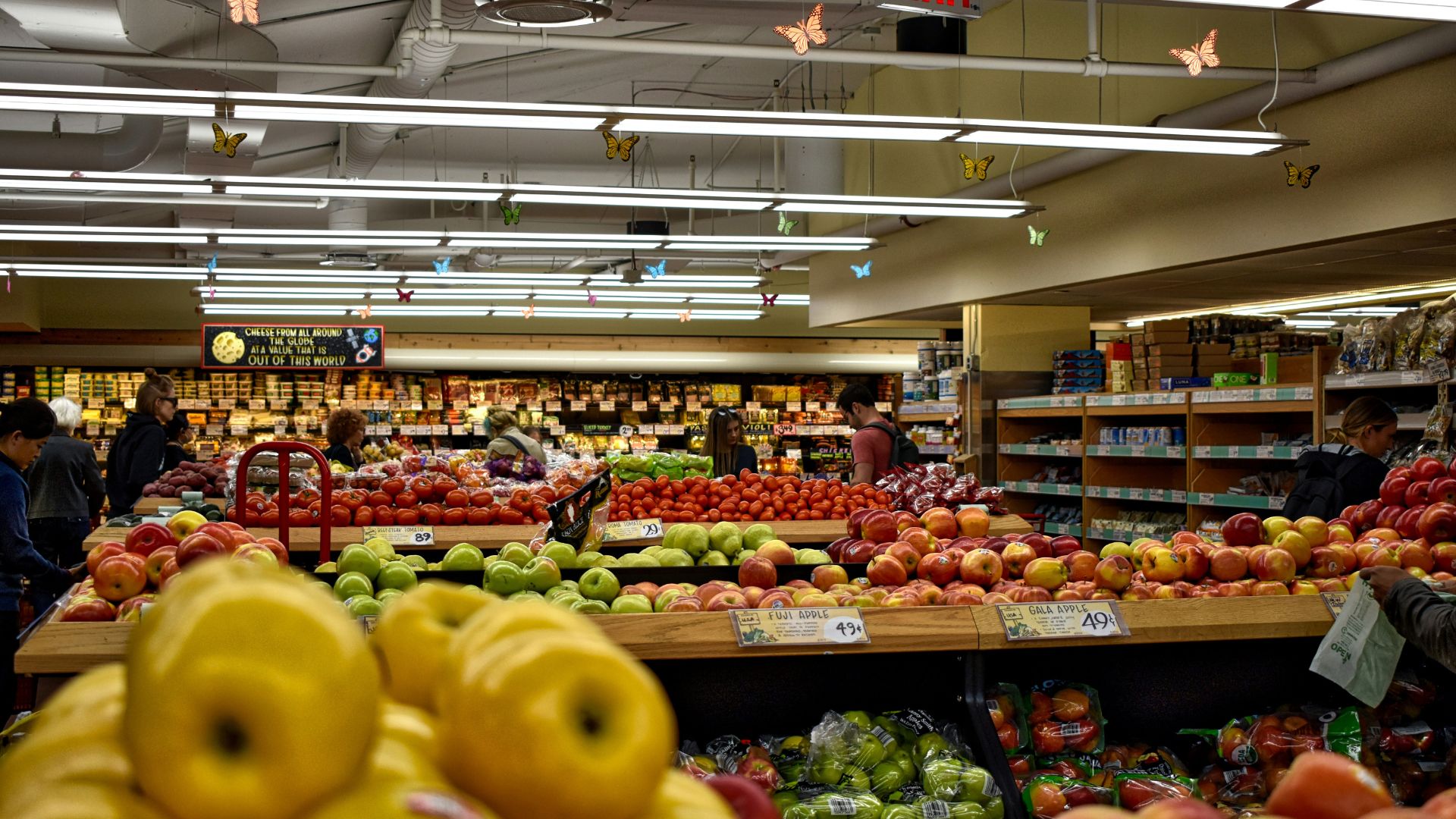
Rulli fears devastating consequences for small businesses under Harris’ economic proposals.
He predicts a future where many could shutter, echoing troubles faced by countries with similar shortages.
Who’s at Risk?
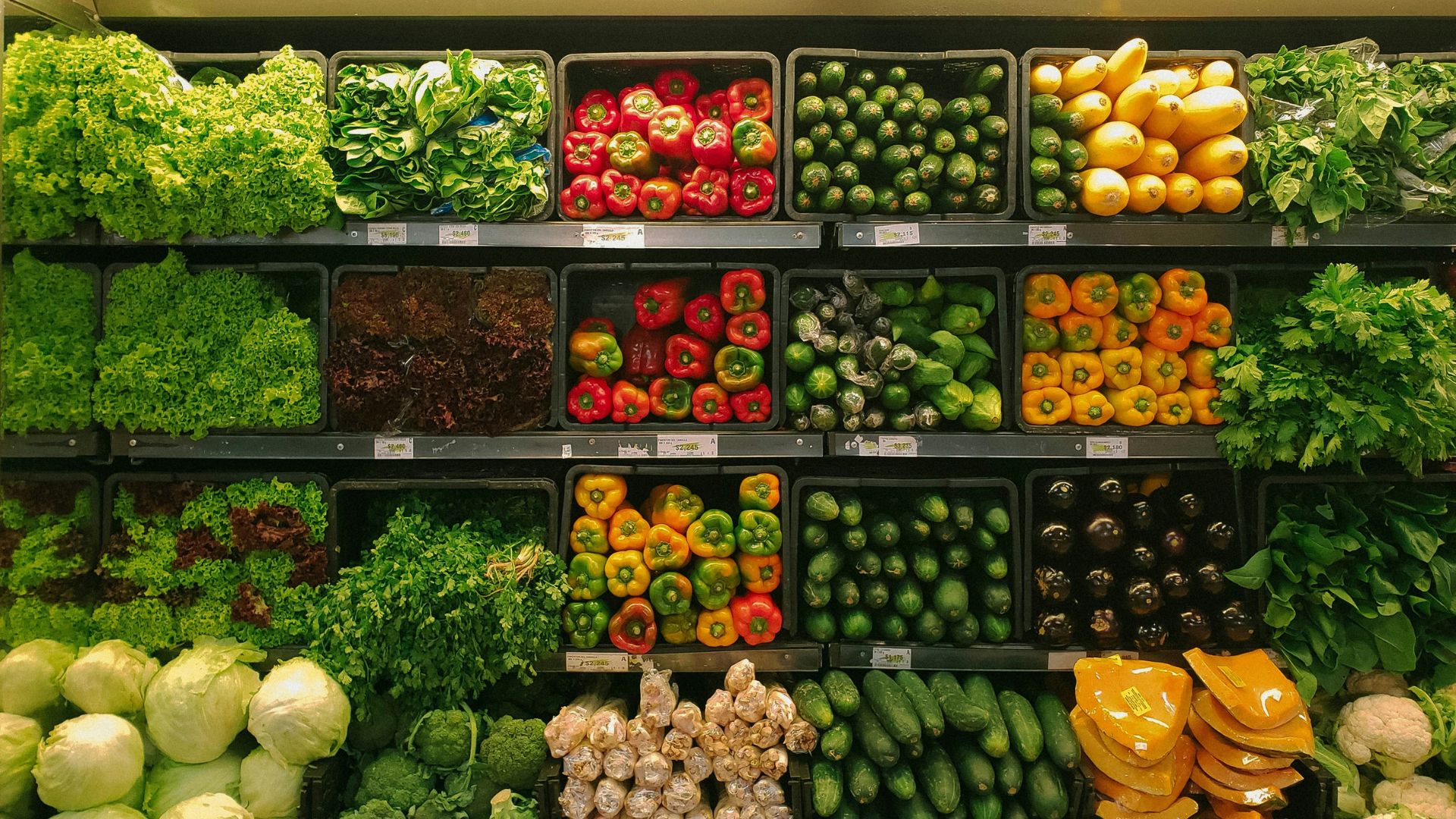
“The first people that are going to go out of business are going to be the food desert, urban [ones],” Rulli explained.
He foresees a domino effect that could close down medium to large stores across the country if the policy takes effect.
Harris’ Plan Under Scrutiny
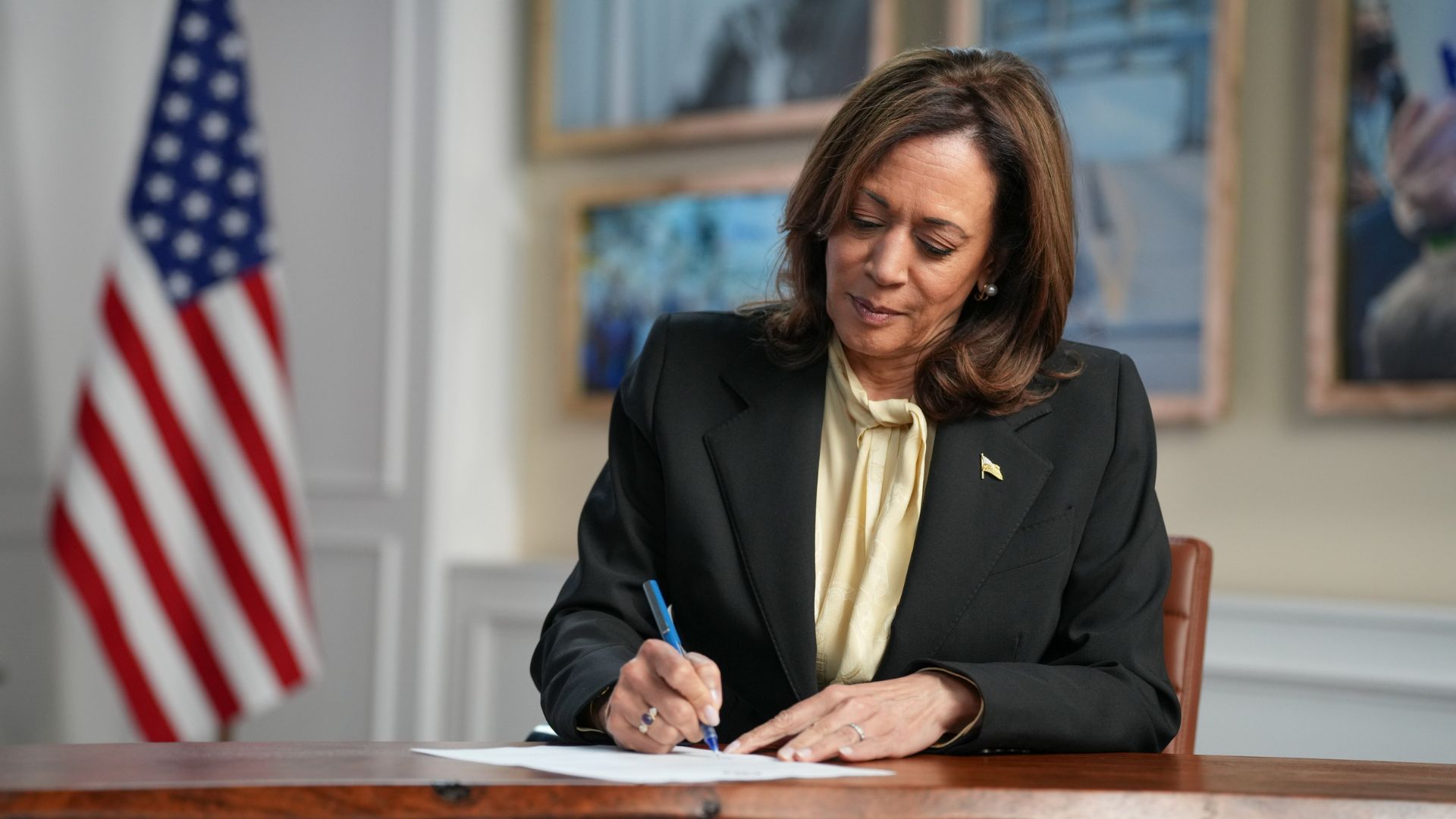
Despite its significant implications, Vice President Harris has yet to unveil detailed plans, leaving much to speculation.
Critics view it as a counter to economic policies of the previous administration.
The Debate Over Price Hikes
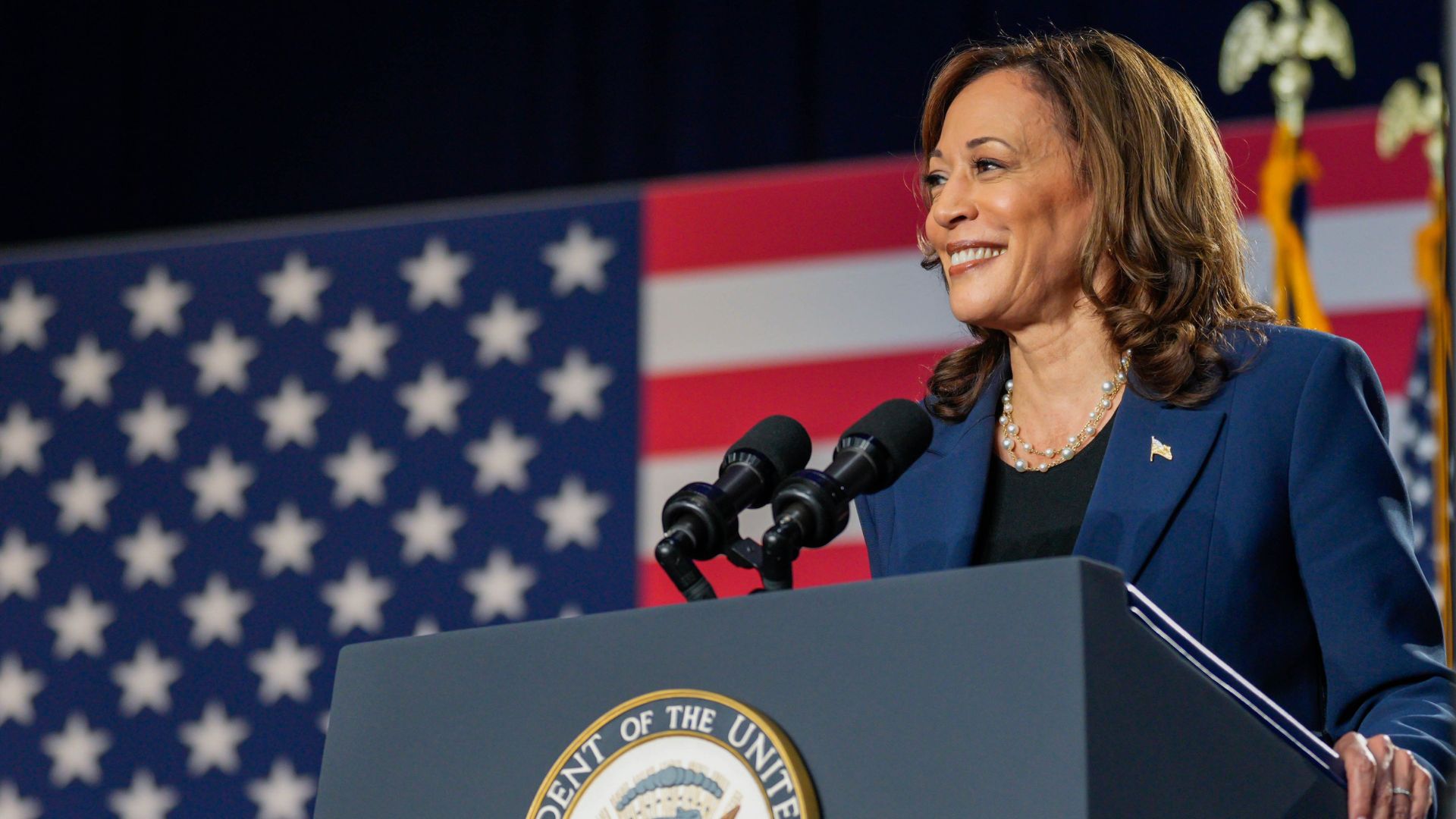
The Harris campaign has linked recent price hikes to pandemic disruptions and corporate pricing strategies.
They argue that these costs far exceed what’s fair or necessary for business operations.
Artificially High Prices
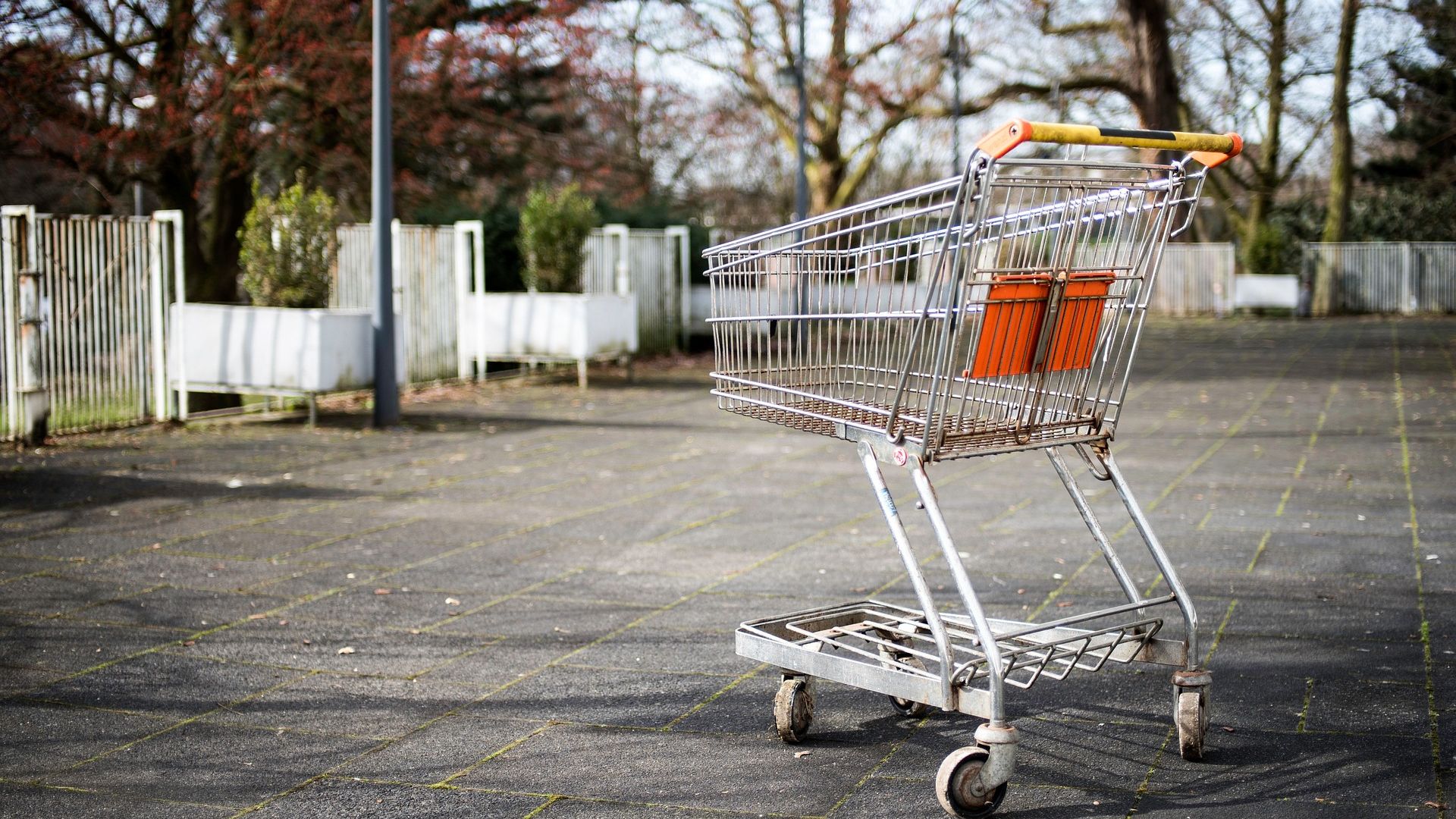
Harris argues that disrupted supply chains during the pandemic forced grocery prices up.
However, she also says that grocery stores have artificially kept prices high after the worst of the Covid-19 virus.
Tackling Price Gouging

Amidst fluctuating prices, many states have legislated against price gouging, especially during emergencies.
Federally, there’s a push to strengthen the FTC and attorney generals’ hands to combat these practices more robustly.
Cracking Down on Gougers
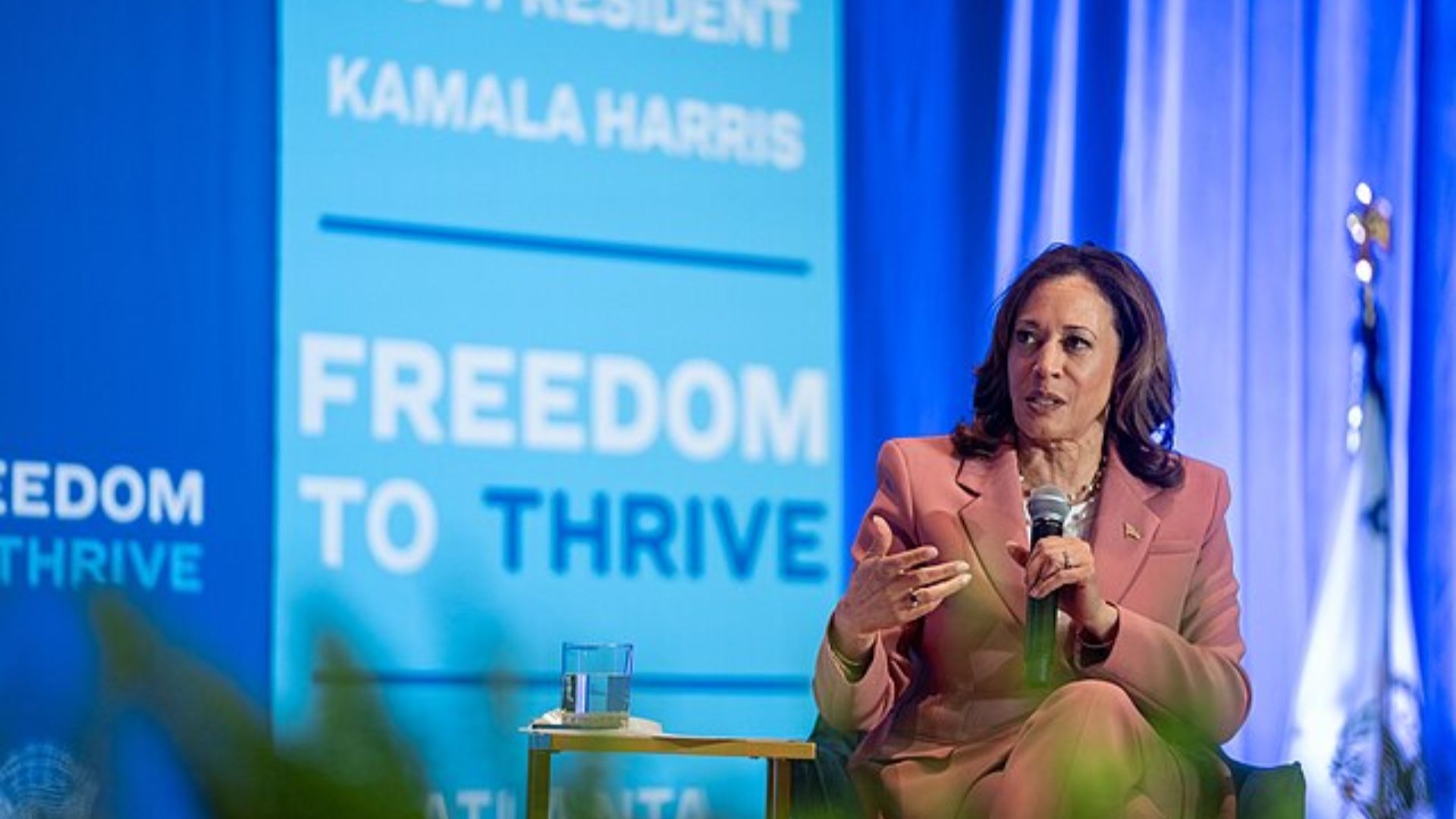
During her visit to the swing state of North Carolina, Harris set out her plans to prevent price gouging.
Harris announced that as president, she would “go after the bad actors” and crack down on grocery stores that inflate prices, especially during times of crisis.
Pioneering Legislation
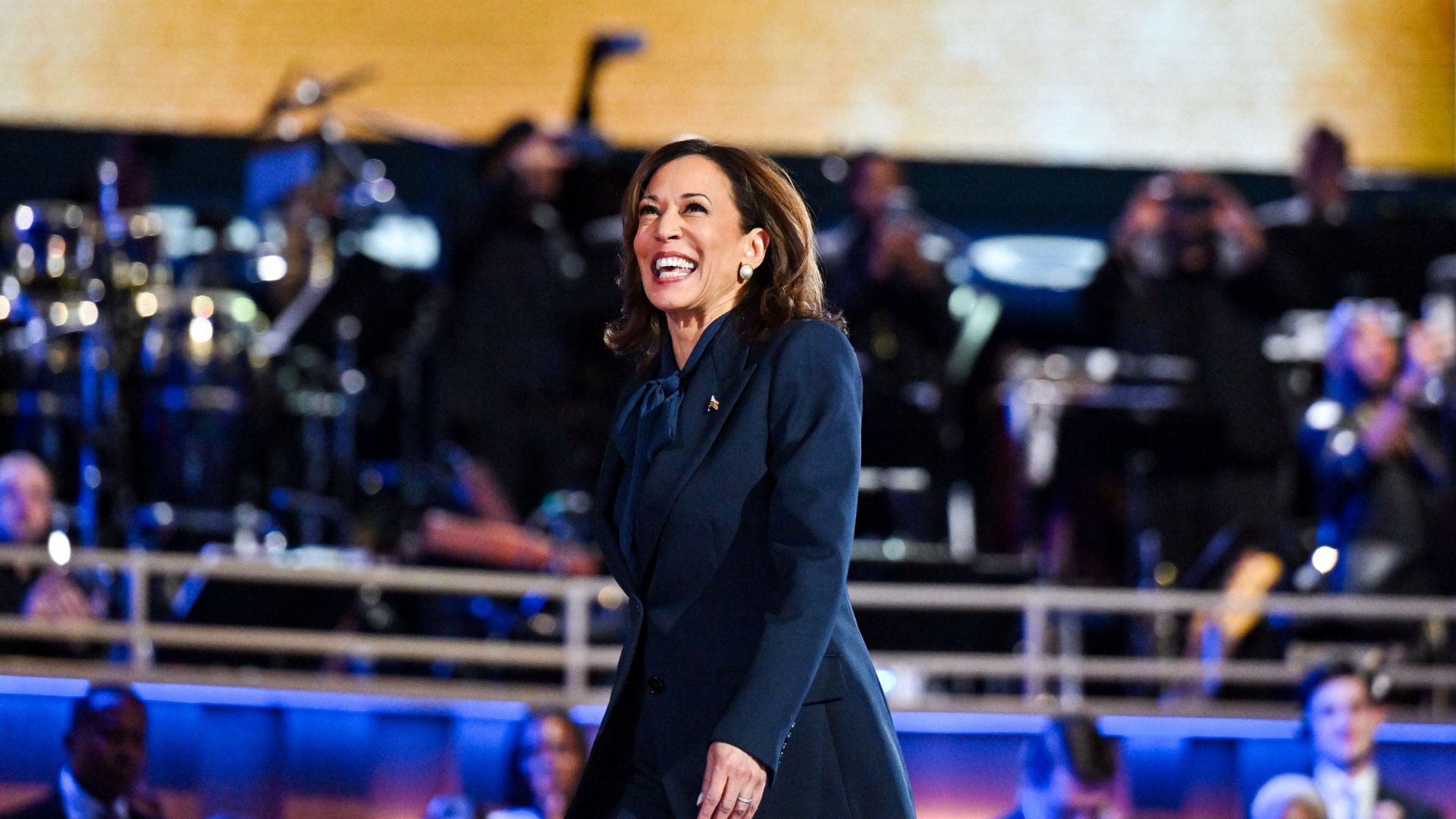
Earlier this month, Harris announced her plans to introduce the nation’s first federal ban on price gouging on food.
“My plan will include new penalties for opportunistic companies that exploit crises and break the rules, and we will support smaller food businesses that are trying to play by the rules and get ahead,” Harris said.
An Unclear Picture
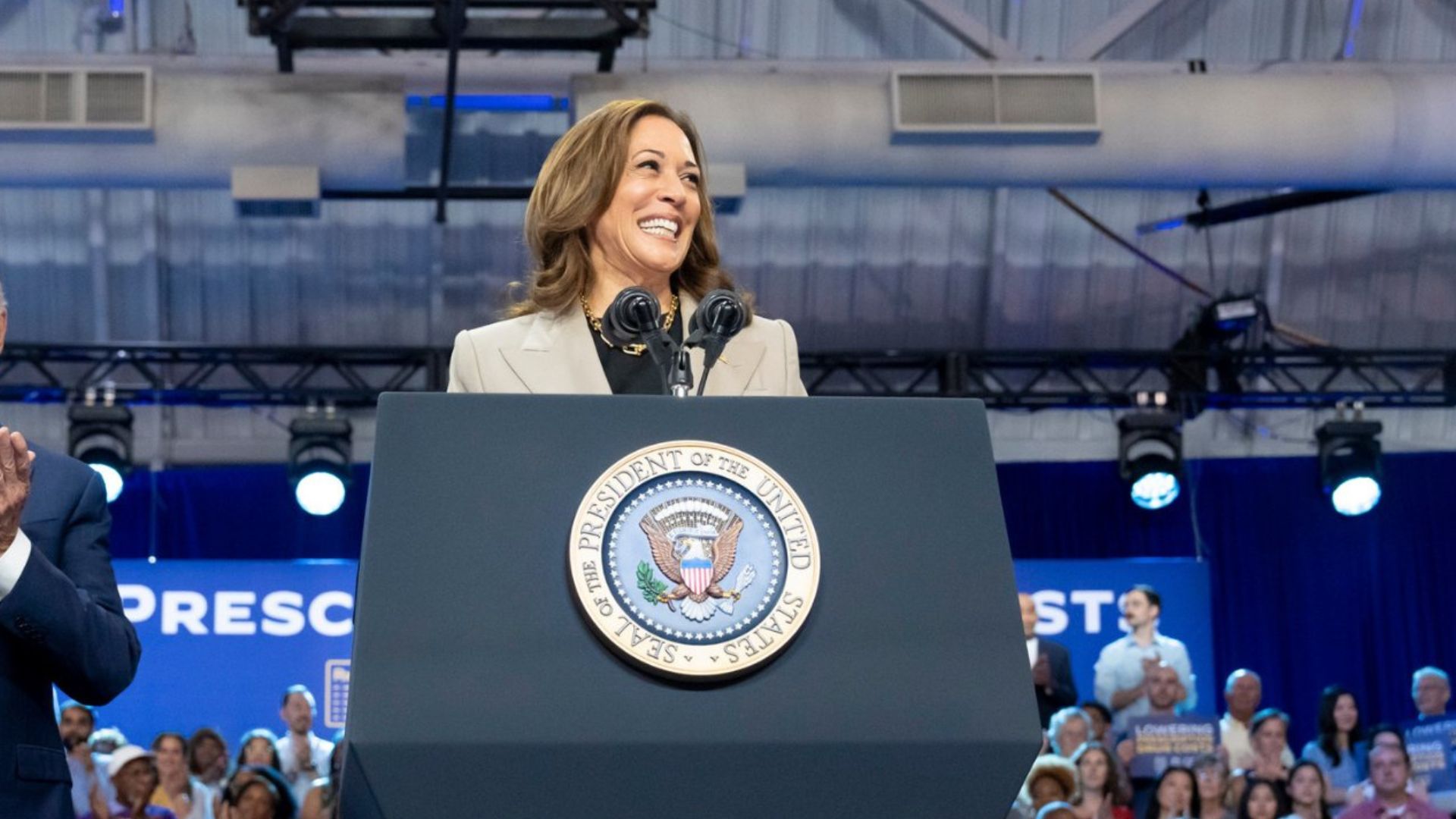
Harris has been noticeably light on sharing the details of her proposals to keep grocery prices down.
Some have speculated that her lack of clarity on how her proposal would function is an attempt to undercut Trump, who is leading by a narrow margin.
Grocery Margins on the Edge
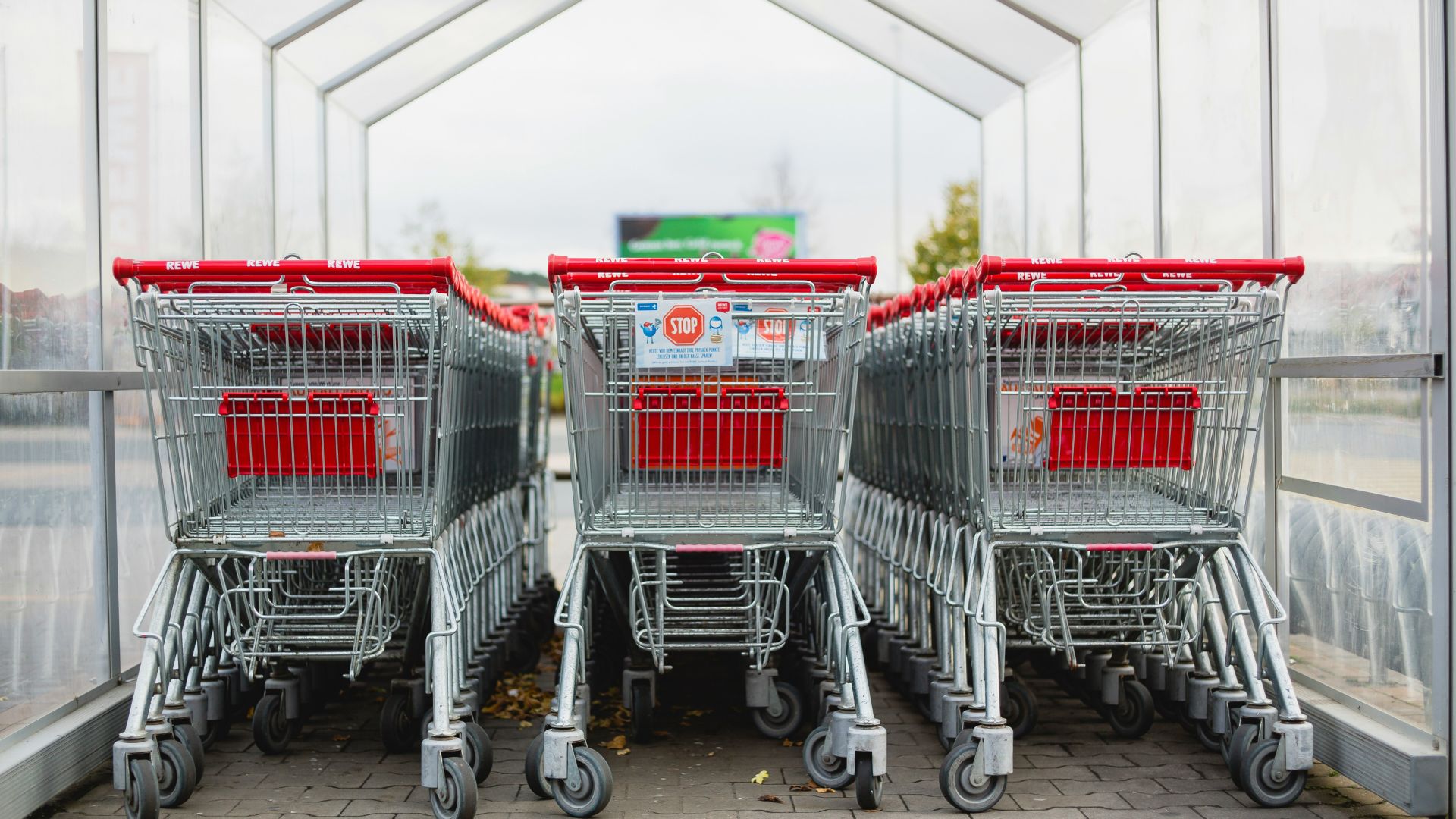
“The profit margins for most grocery stores tend to be pretty slim,” Rulli said.
He sheds light on the thin financial ice upon which many grocery businesses skate, challenged by high costs and fierce competition.
Not a Profitable Business
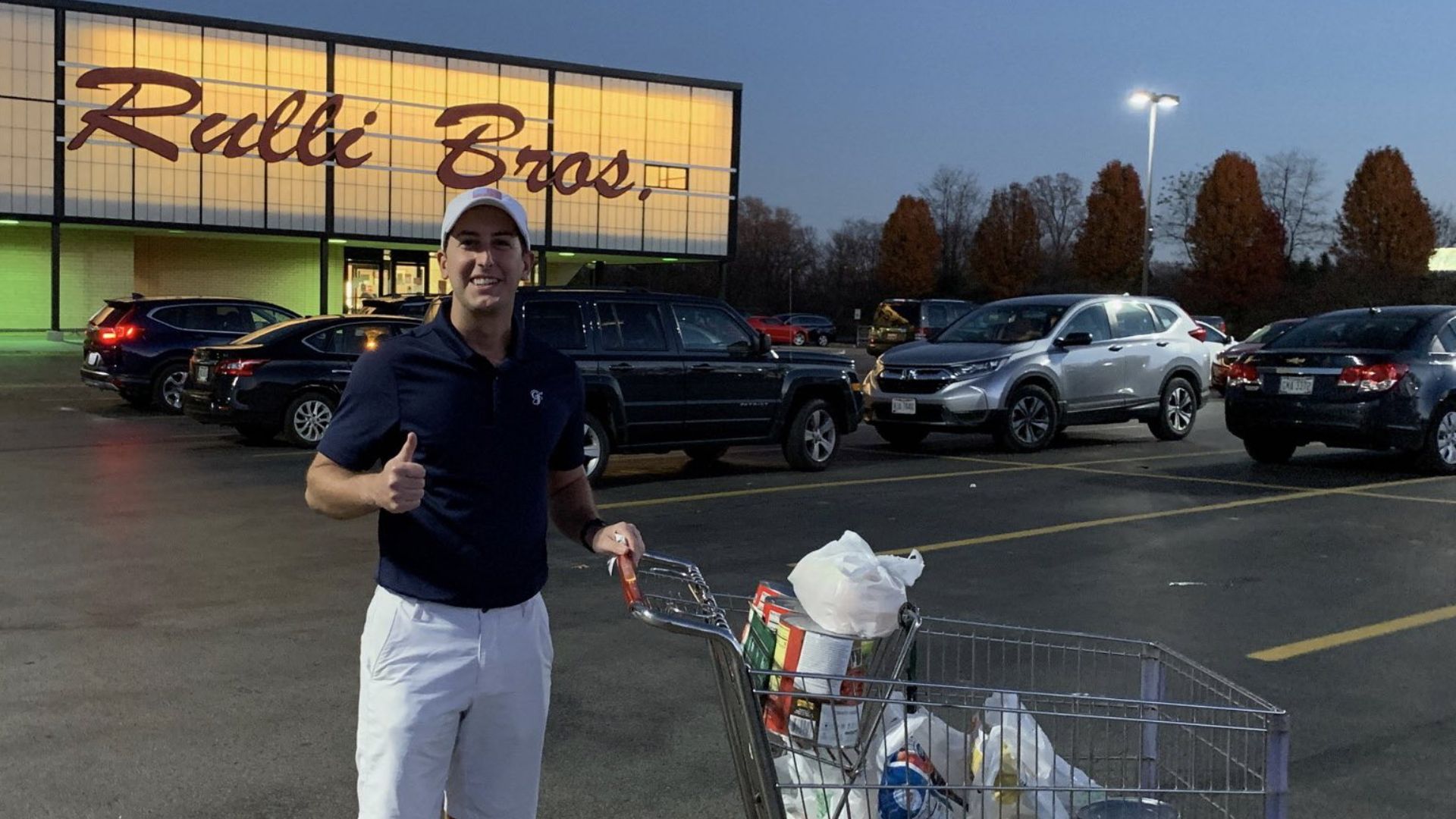
Rulli staunchly opposes artificial price controls, considering the high costs that it takes to run a grocery store.
“There is absolutely no money in grocery stores anymore,” Rulli said.
Economists Speak Out Against Harris
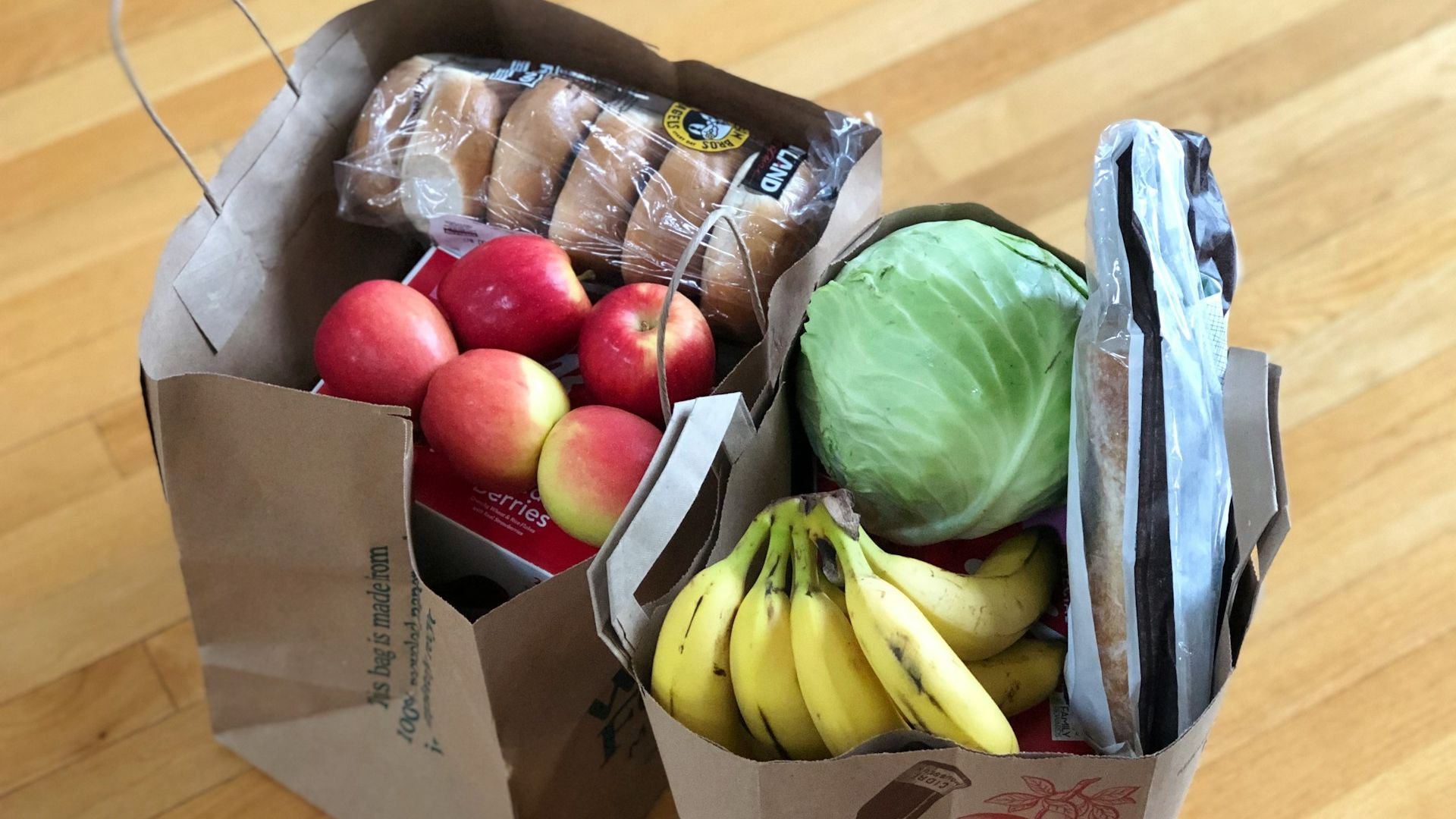
Jason Furman, an economist who served under the Obama administration, has criticized Harris’ proposal.
Furman said controls of price gouging could lead to “bigger shortages, less supple and ultimately risk higher prices and worse outcomes for consumers.”
Harris Has Attracted Praise
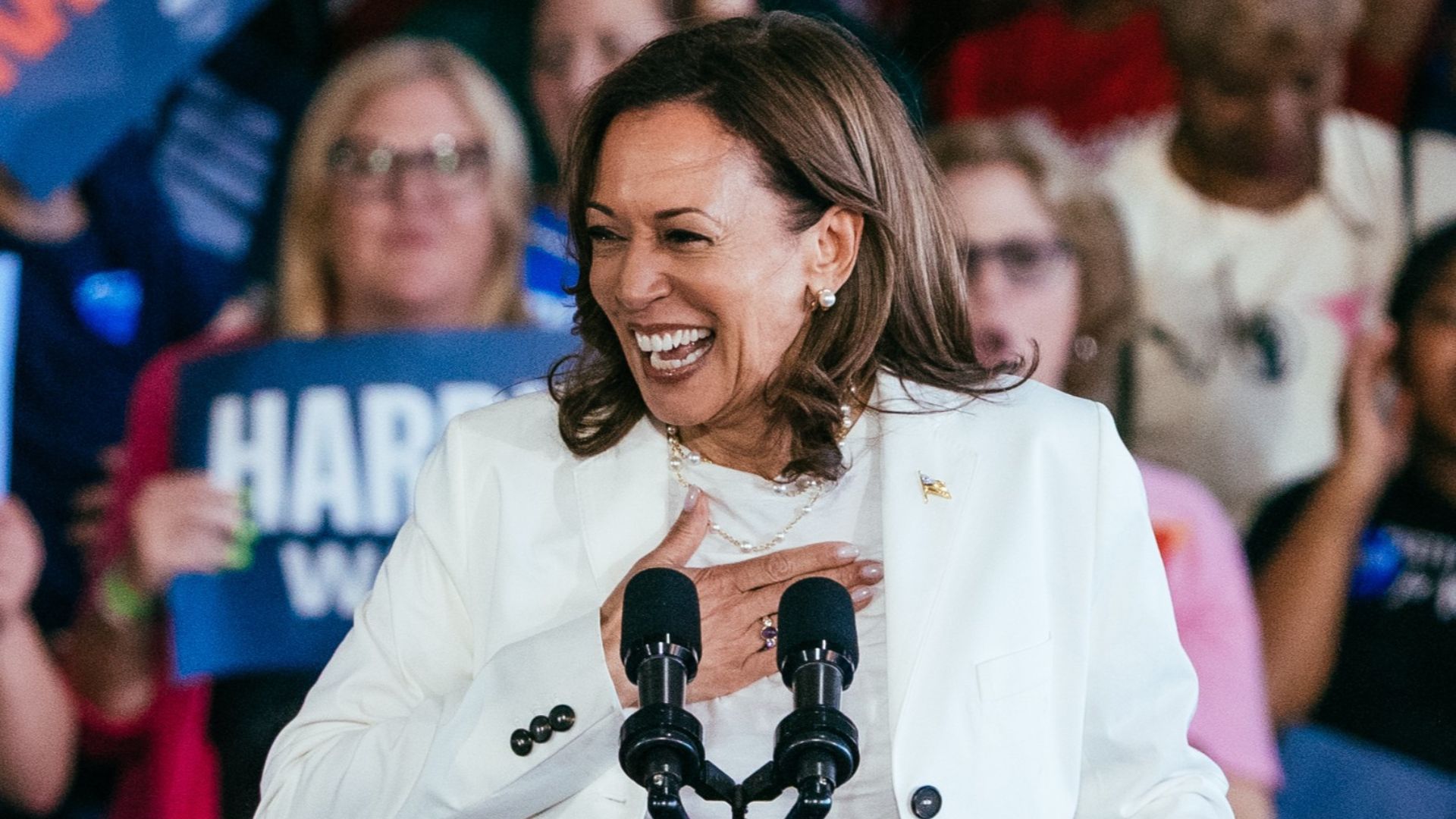
Some have praised Harris’ plan to hold grocery stores accountable. Between 2019 and 2023, prices soared by 25% as a result of increased input costs.
Economist Isabella Weber said: “Companies took advantage of the public perception that the price increases were justified because of the unique nature of the supply shocks. If the public perception turns, companies might come under pressure to reduce prices.”
What Is the Alternative?
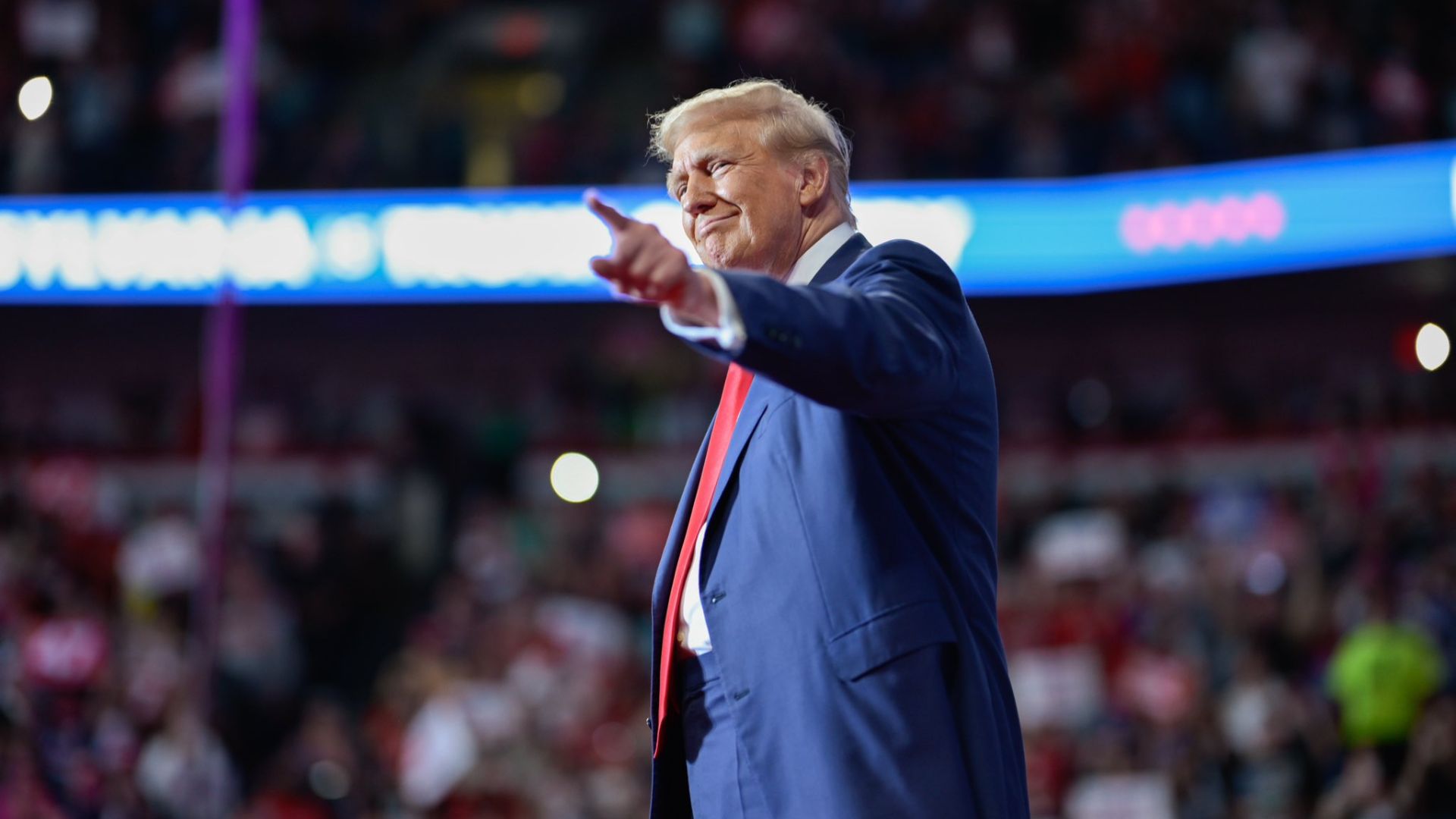
Harris’ plan to prevent price gouging may not be popular, but she is not impressed with her opponent’s plan.
The vice president recently accused Trump of having “no serious plans” to tackle the high cost of living. She also said his proposed tariffs would place a de facto national sales tax on everyday goods.
Seeking Economic Relief

Advocating for lower fuel costs, Rulli criticizes current energy policies for aggravating economic stress.
His proposed solutions aim to relieve the financial pressures felt by many Americans, seeing it as essential for economic recovery.
